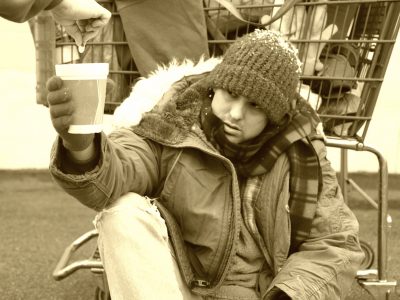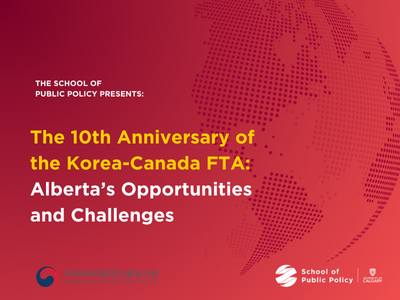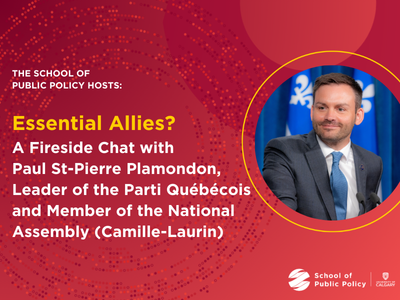U of C study links increased demand for Calgary Food Bank with other social assistance needs

As the charity braces for a holiday season clientele nearly 45 per cent larger than its normal traffic, demands for the Calgary Food Bank are rising in tandem with social assistance needs, states a University of Calgary study.
The study, conducted by the U of C’s School of Public Policy, shows that the demand for both took off soon after the oil price plunge of late 2014, and that for every 100 additional provincial social aid cases, the food bank picked up 57 more clients.
“The correlation is stronger than I expected it to be,” said U of C economist Dr. Ron Kneebone.
“I’m also shocked at the spike of food bank clients in December, at Christmas.”
Demand at the food bank, which provided data for Kneebone’s study, will likely reach 20,500 clients this month compared with about 14,000 in May, said food bank president James McAra.
In the Decembers of 2015 and 2016, need at the food bank spiked almost identically to 19,000 clients — an addition of about 6,700 clients, said the study.
But so far this year, demand has been up by eight per cent, said McAra.
“If it’s eight per cent over the year, there’s no reason to believe we won’t have the same increase at this time of the year,” he said.
An Alberta economy that’s turned the corner from recession hasn’t slowed the demand for the food bank service, said McAra, echoing other social agencies.
The correlation found in the U of C study is also no surprise, though among the food bank’s clientele, 44 per cent are on some kind of social assistance, he said.
“The majority have an income but have a crisis befall them and don’t know how to get through it,” said McAra.
Both Kneebone and McAra said that tandem demand shines a glaring light on the gap between what government can or is willing to do and real need.
“Are we supposed to be there for that shortfall is the question,” said McAra.
He said the huge rush for food hampers around the holiday season reflects Calgarians dropping their reluctance to come forward in hopes it’ll help them afford other things for a happier Christmas.
“It’s like they’re saying, ‘I need to participate in Christmas,’ ” said McAra, adding it poses an understandable but short-lived solution.
“Yes, it’s nice having cranberries, a bird or a ham in there, but hunger is year-round.”
The study’s most important effect, he said, could be showing governments that Calgary’s food bank and others should be an important part of the discussion on alleviating poverty, adding they’ve been sidelined.
“Let’s work collaboratively on the long term, we’re not looking at the community long term,” he said.
on Twitter: @BillKaufmannjrn
Source: Calgary Herald


